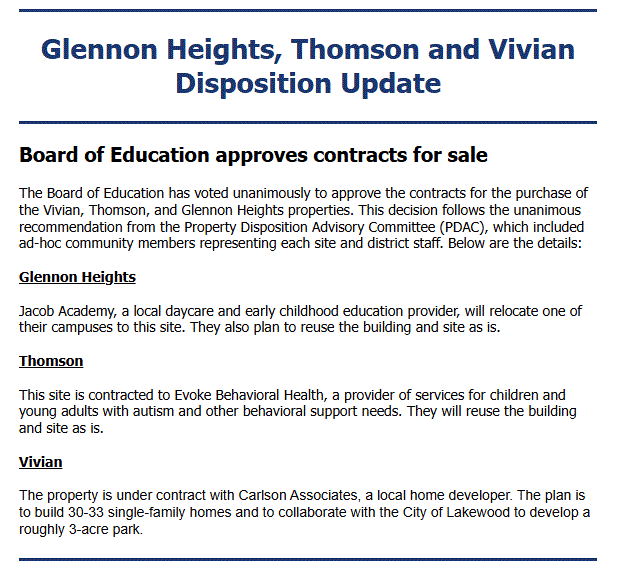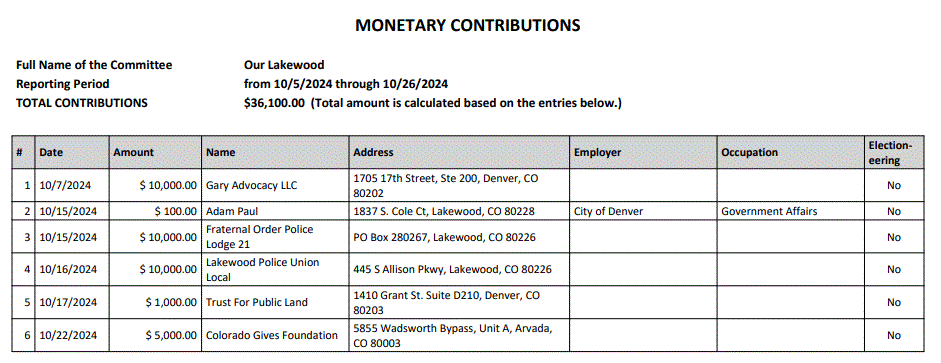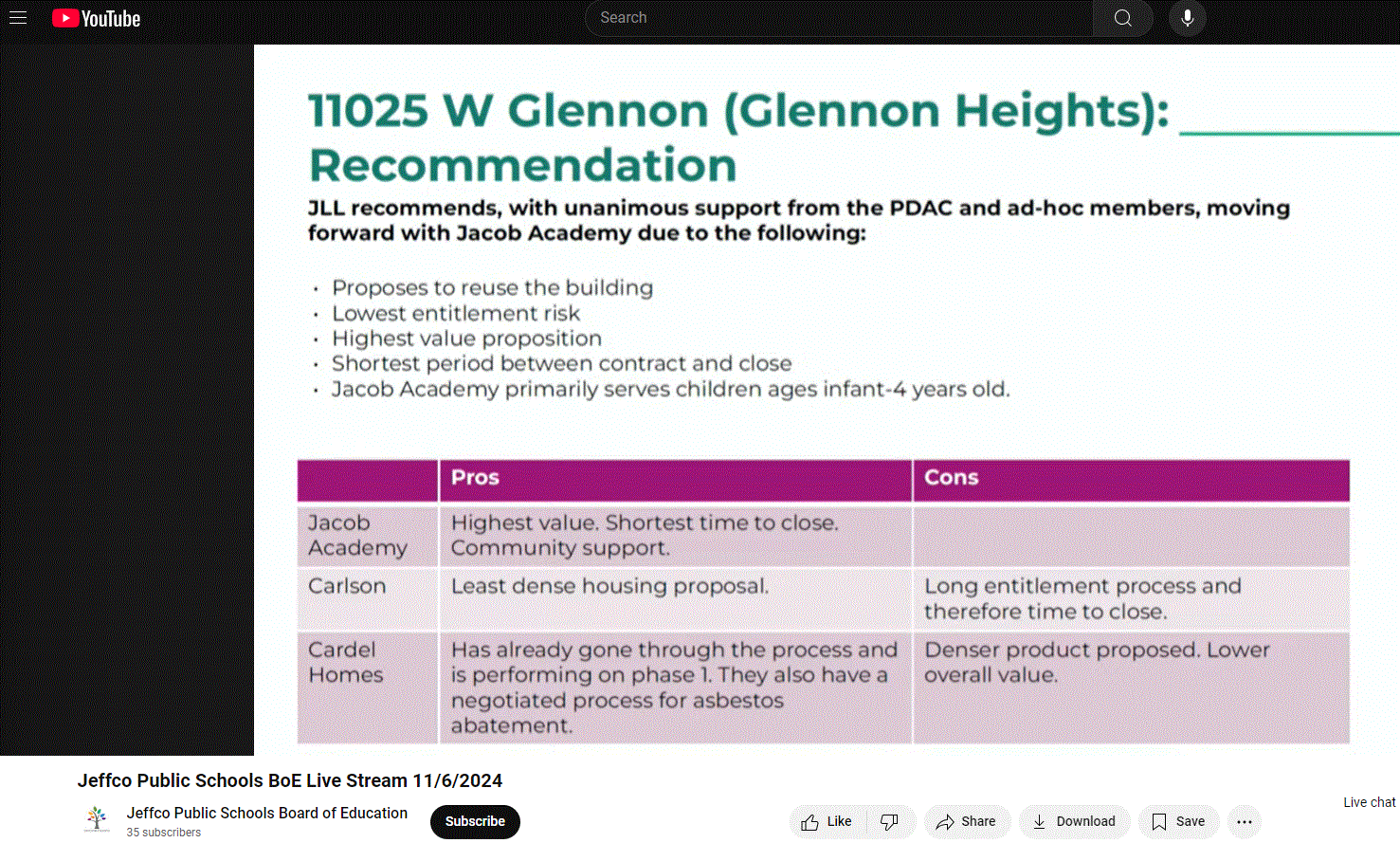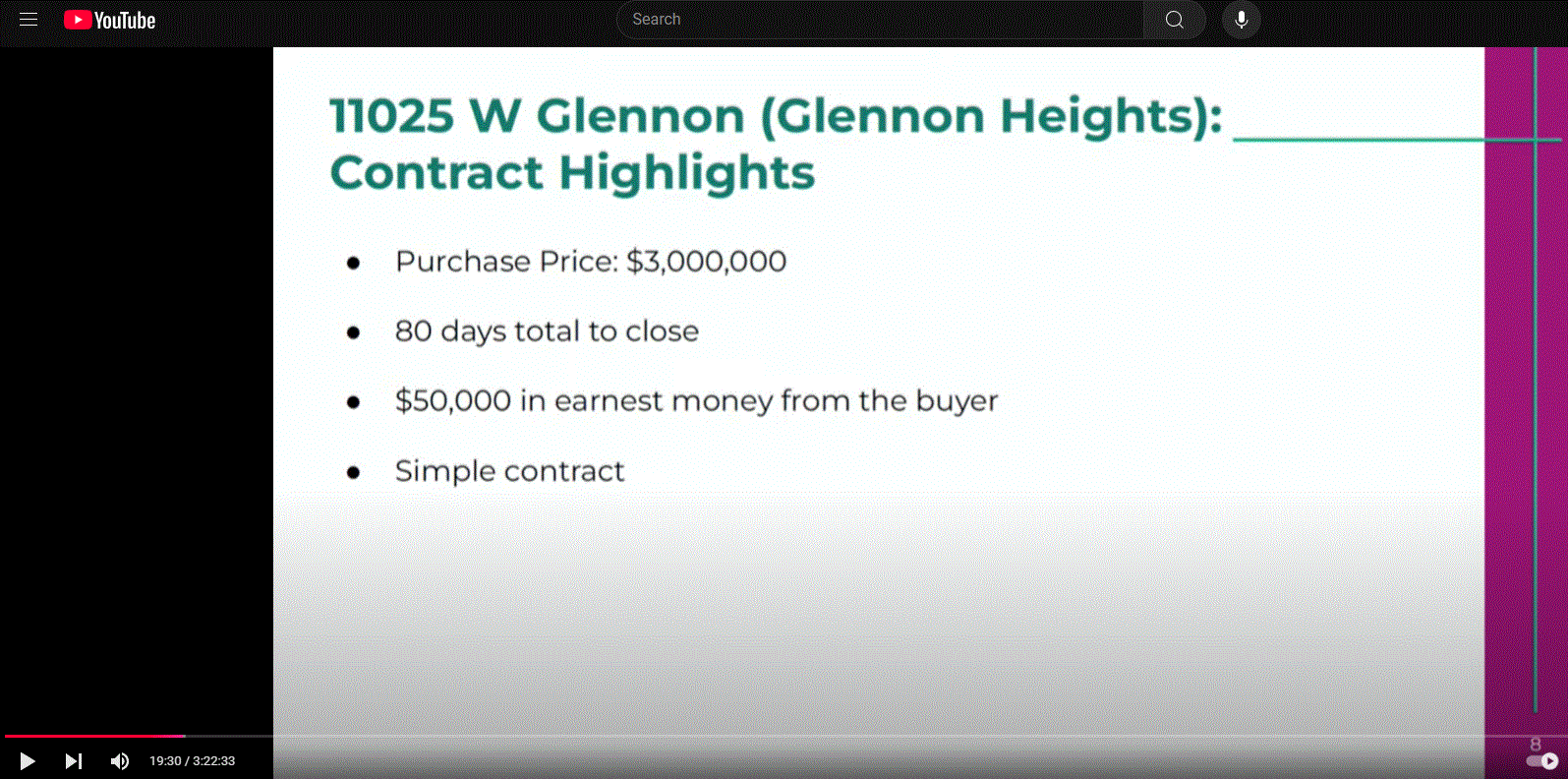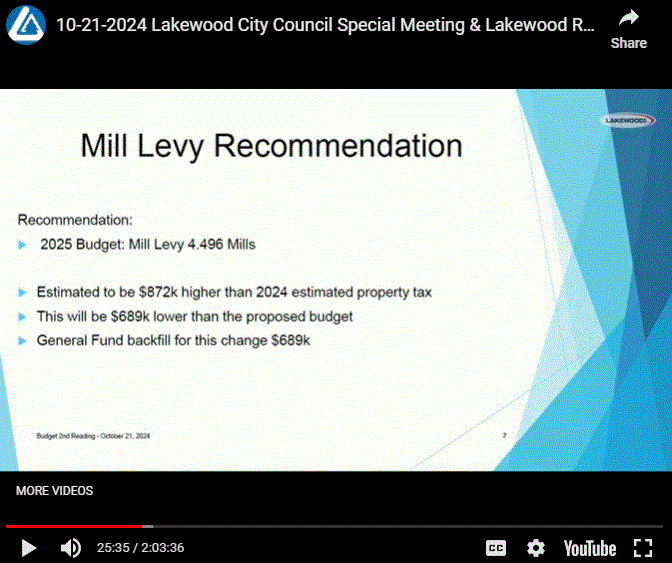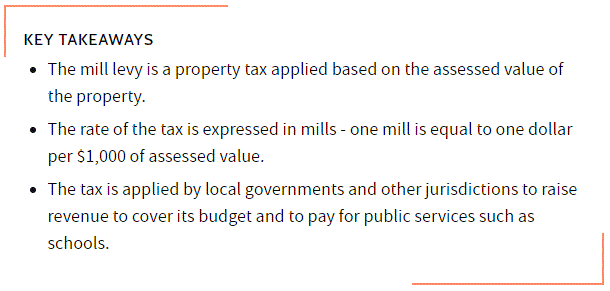By Lenore Herskovitz
On November 4 the Lakewood City Council reluctantly voted to pass the Citizens Initiated Ordinance pertaining to park and open space dedication rather than send it to a special election. How and why did we arrive at this point?
Citizen activism has existed almost since Lakewood’s inception in 1969. “The True Story of How Belmar Park Came into Existence” by Stuart MacPhail tells how Lakewood citizens were able to override the wishes of most of the early Lakewood elected leaders and administrative staff regarding the establishment of Belmar Park. A multi-year conflict culminated in a citizen initiated public vote where they were victorious by a 2 to 1 margin.
In 2003, the mid-Lakewood residents banded together to prevent university incursion into their neighborhood. Through their perserverance they were able to get City Council to pass an ordinance prohibiting university uses in low density residential zoning. That ordinance was challenged in a lawsuit filed by Colorado Christian University in 2021. Prior to that filing, our own City Attorney told the public that the ordinance was discriminatory and unconstitutional and would not be upheld by the Courts. Yet when forced to defend our law, the City won in both the District and Appellate Courts.
In 2017, a grassroots movement promoted the Strategic Growth Initiative (SGI). In addition to inclusion of a 1% growth cap, the SGI established an allocation program and oversight for projects of 40 units or more. This initiative was stalled in the Courts until 2019 when the judge ruled in favor of the petitioners. In July of that same year, the SGI was passed by voters. In August 2023, the Colorado Congress passed HB23-1255 which repealed existing growth caps enacted in Lakewood, Boulder and Golden. These municipalities were given 24 months to develop a plan moving forward. The Lakewood City Council passed legislation one day before the House Bill took effect to sundown the SGI by August 2025. Since the Initiative had a severability clause, the Council could have easily removed the provision pertaining to the growth cap and retained the rest. Such a move would have honored the will of the voters and satisfied the state requirements. Interestingly, the Save Open Space(SOS) petition also includes a severability clause so if one part of it is determined to be illegal by a judge, the other parts could still remain intact.
The repetitive statements claiming “We hear you” become meaningless when it doesn’t translate into action.
The previous three examples of successful community activism can be categorized as David vs. Goliath battles. City officials and big money opposing residents. Citizens mobilize when they feel their representatives are non-responsive to their concerns. The repetitive statements claiming “We hear you” become meaningless when it doesn’t translate into action. For years there have been rumblings about how to balance open space and housing. Residents are justifiably upset because major decisions regarding developments are made behind closed doors and by the time the public is informed it is too late for their input to affect any change. These issues resurfaced last fall when details were revealed about Kairoi Residential’s plan to build 412 luxury apartment units adjacent to Belmar Park. Citizens began showing up at Council meetings on a regular basis to raise questions about traffic, safety, and environmental impact. The feedback they received was the typical “go away”. Although Councilors were sympathetic, there was nothing they could do. A fee-in-lieu policy allowed developers to buy out of land dedication and that’s exactly what they did. It was discovered that the Director of Community Resources was supposed to re-evaluate the amount of the fee on an annual basis. She had not followed through since 2018 – a major oversight which needed to be rectified. To the public’s knowledge, no one was held accountable for this. The citizens, frustrated by the lack of Council action, decided to organize and try to resolve these problems. The result was the formation of the SOS Green Initiative. Over the next 6 months community members volunteered to collect thousands of signatures on the petition (eventually close to 6500 were verified after submission to the City Clerk). In April 2024 Council held a Study Session to try and make modifications to the park dedication and fee-in-lieu policies. The meeting included recommendations from Norris Design and Duncan & Associates who had been hired by the City in the fall of 2023 to do an assessment of our fee-in-lieu and parkland dedication policies. No ordinance was proposed. There was a comment submitted on Lakewoodspeaks by Marianne Nagel and several others which introduced specific recommendations regarding calculation of fees, etc. that were less extreme than those in the SOS petition yet Council expressed no interest in adopting them. It is unfortunate that our elected officials and staff didn’t meet with the organizers of the Initiative and Marianne Nagel and her group to collaborate on creating an effective ordinance that incorporated the best of each plan. It should be noted that in June, the Director of Community Resources finally increased the amount of the fee-in-lieu (effective July 1 this year).
The Council members were aware of the contents of the Initiative for months before the November 4 meeting and could have addressed their concerns before it was submitted. Instead the Council waited and used the special meeting to denigrate the efforts of their constituents. Two of the most vocal opponents were Councilor Rein and Councilor Low. Their hyperbolic vitriol was egregious. Councilor Rein was the only representative who stated definitively that the ordinance was”illegal”. This was surprising because he is an attorney and should be well aware that legality is not determined by City Councilors or even City Attorneys, but by judges in a court of law.
Councilor Rein felt the public would lose trust in their elected officials if they sent an “illegal” ordinance to the ballot box in a special election. Actually, misleading constituents increases the distrust that is already prevalent. Councilor Stewart stated that the Initiative could be in violation of the recently passed HB24-1313. That piece of legislation could also be challenged in Court just like any other law. It is perfectly legitimate for Councilors to raise their concerns about the legality of this ordinance but it appeared that they were inviting a lawsuit by declaring its inevitability.
Councilor Low’s opening statement was that the SOS was “bad on so many levels”. He continued to spew criticisms without ever offering any alternate solutions. He offended the petitioners by suggesting that the signature gatherers had purposely misled the public to gain their support for the Initiative. Not long before he made this unsubstantiated claim, one of the volunteers had spoken about his experiences while collecting signatures. He stressed how he explained the content of the petition to signers before they put pen to paper.
Council was also worried about the potentially detrimental impact the Initiative would have on building affordable housing. Many citizens were unhappy with the number of high density market rate apartments that will dominate the area from Westland to Quail St. Councilor Shahrezaei stated that there are some areas that are meant to absorb some density. She failed to acknowledge that the criticism addressed specific developments which combined would contain more than 1000 units without including any affordable residences. Even more disturbing, a proposed project from Kairoi that offered 850 market rate units would displace a King Soopers creating a food desert.
This part of Colfax does not have a park within a 10 minute walk. It is surrounded by endless rows of apartments. Does this represent Lakewood’s plan for strategic housing?
There was much consternation about the lack of affordable housing and accusations that the Green Initiative would be detrimental to future development. However, City Council itself has inhibited the creation of affordable housing by delaying the advance of inclusionary zoning for 2 years. In 2022, the Development Dialogue Committee was set to discuss inclusionary zoning which would have required developers to include a certain percentage of affordable units in their residential projects. The committee was disbanded by a vote of Council. Councilor Shahrezaei said this committee was redundant because the Housing Policy Commission (HPC) would be dealing with this topic. But the HPC chose to prioritize short term rentals for more than a year. They finally started addressing the issue at the beginning of this year. How many affordable units were lost during the period of the delay? On November 4 Councilor Mayott-Guerrero asked Travis Parker, Chief of the Sustainability and Community Development Department, how many affordable units we have in the City. He was unable to answer, saying he would look into it. The messaging seems to be that there is a housing shortage, but it is more accurate to say that there is a shortage of housing that people can afford. Yet we continue to cater to developers who only provide market rate residences. The huge building at 1221 Wadsworth went into foreclosure. It contained more than 300 units. Did the City or Lakewood Housing Authority attempt to buy this at its reduced price before someone else did so? This property is adjacent to the light rail and a perfect location for the type of housing we so desperately need. Perhaps another missed opportunity. There is only a finite amount of land so how we use it is critical. We need open space, parks and trees. We also need the kind of housing opportunities that people want. This extends beyond apartments.
Councilor Nystrom offered suggestions moving forward. She said the City should be consulting with environmental engineers to do assessments. She suggested xeroscaping for property enhancement. Councilor Nystrom actually spoke in support of the citizens saying they “should not have to protest, put petitions out there or hire lawyers. “ She encouraged her fellow councilors to engage with their constituents to resolve these problems and acknowledged that they needed to do better keeping the public informed about developments.
Residents “should not have to protest, put petitions out there or hire lawyers.“ – Councilor Nystrom
The City uses distraction to cover for their inaction. What is sorely absent is any attempt to coordinate and collaborate with the public to create meaningful legislation.
Rather than obliterating the entire Initiative, they could have worked with community representatives to improve it. Modify what is too extreme. Make additions to soften the impact on affordable problems. Insert buffer zones. Instead of demonizing the petitioners, learn from them. They were delivering a message. Build what is wanted and needed, including a path to affordable ownership in addition to rentals. Residential developments must include some open space or parkland.
A final plea to City Council: Replace condemnation and condescension with collaboration and cooperation. Learn from prior mistakes. An Italian proverb says: Each time history repeats itself, the price goes up.
